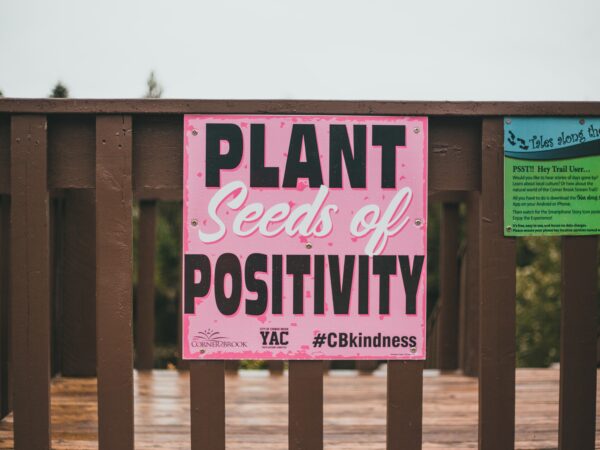Stress and anxiety are common problems that affect millions of people worldwide. According to the American Institute of Stress, 77% of people regularly experience physical symptoms caused by stress, and 73% of people experience psychological symptoms. It’s no wonder that mental health matters and its concerns are becoming more prevalent – we’re living in a fast-paced, demanding world that never seems to switch off.
Thankfully, there are strategies you can use to manage your stress and anxiety. In this article, we’ll explore some of the most effective ways to take care of your mental health.
1. Learn to Identify Your Triggers
The first step in managing your stress and anxiety is learning to identify what triggers it. Triggers are any events or situations that cause you to feel anxious, stressed or overwhelmed. Identifying your triggers is useful because it allows you to avoid them or prepare yourself for them.
Common triggers can include work deadlines, social situations, money worries, or even everyday tasks like driving or grocery shopping. Once you know what triggers your anxiety, you can start to work on managing it, as it is one of the most important matters of mental health.
2. Practice Mindfulness
Mindfulness is a form of meditation that involves being fully present in the moment, without judgment. It’s a powerful tool for managing stress and anxiety because it helps you to be more aware of your thoughts and feelings. Mindfulness can also help to lower your heart rate, reduce your blood pressure and improve your overall wellbeing.
There are many ways to practice mindfulness, including guided meditations, breathing exercises, and focusing on your senses. Apps like Headspace and Calm offer guided meditation sessions that can help you get started.
3. Develop Healthy Habits
Developing healthy habits can also help to manage stress and anxiety. Physical activity is an excellent way to release tension and boost your mood. Eating a healthy, balanced diet can fuel your body with the nutrients it needs to function at its best, including brain function. Getting enough sleep is also crucial; aim for 7-9 hours a night.
Other healthy habits include taking breaks throughout the day, practicing self-care, and staying organized. Simple actions like taking a short walk, listening to music, or having a cup of tea can make a big difference in reducing stress levels.
4. Connect with Others
We all need social support, and building strong relationships with family, friends, and colleagues is essential for our mental health. Talking to others about your feelings can help you to process and manage them.
If you don’t have people you can talk to, consider joining a support group or speaking with a professional therapist. There are also online resources like BetterHelp that enable you to speak with a certified counselor in real-time.
5. Manage your Workload
Work stress can be a significant trigger for anxiety, and learning how to manage your workload can make all the difference. Start by prioritizing your tasks, and breaking them down into smaller, manageable pieces.
Make a schedule or to-do list to help you stay organized, and don’t be afraid to ask for help if you need it. Taking regular breaks throughout the day can also help prevent burnout.
6. Learn to Say No
Many of us feel like we have to say yes to every request that comes our way. But overcommitting can lead to stress and exhaustion, both of which can trigger anxiety.
Learning to say no is an essential part of self-care. Remember that it’s okay to decline invitations or requests for help if you don’t have the time or energy to commit to them.
7. Practice Relaxation Techniques
Relaxation techniques, such as deep breathing, progressive muscle relaxation, and visualization, can help to reduce stress and anxiety.
Deep breathing involves taking slow, deep breaths in through your nose and out through your mouth. Progressive muscle relaxation involves tensing and then releasing your muscles, one area at a time. Visualization involves imagining a peaceful scene, such as a beach or a forest.
8. Try Therapy
Therapy can be an excellent tool for managing stress and anxiety. A therapist can provide a safe and confidential space for you to discuss your feelings and concerns. They can also offer practical techniques and strategies for managing your anxiety.
There are many different types of therapy, including cognitive-behavioral therapy (CBT), which focuses on changing your thought patterns, and exposure therapy, which involves gradually facing your fears in a safe and controlled environment.
Conclusion
In conclusion, managing stress and anxiety is essential for maintaining good mental health. Learning to identify your triggers, practicing mindfulness, developing healthy habits, connecting with others, managing your workload, learning to say no, practicing relaxation techniques, and trying therapy are all effective ways to take care of your mental health.
By incorporating these strategies into your daily routine, you can learn to manage stress and anxiety, and enjoy a happier, healthier life because mental health matters!










